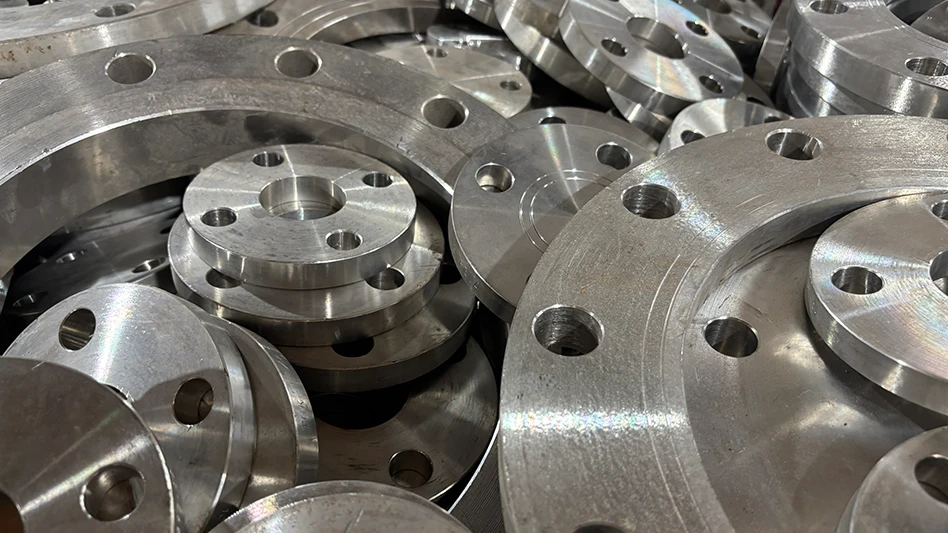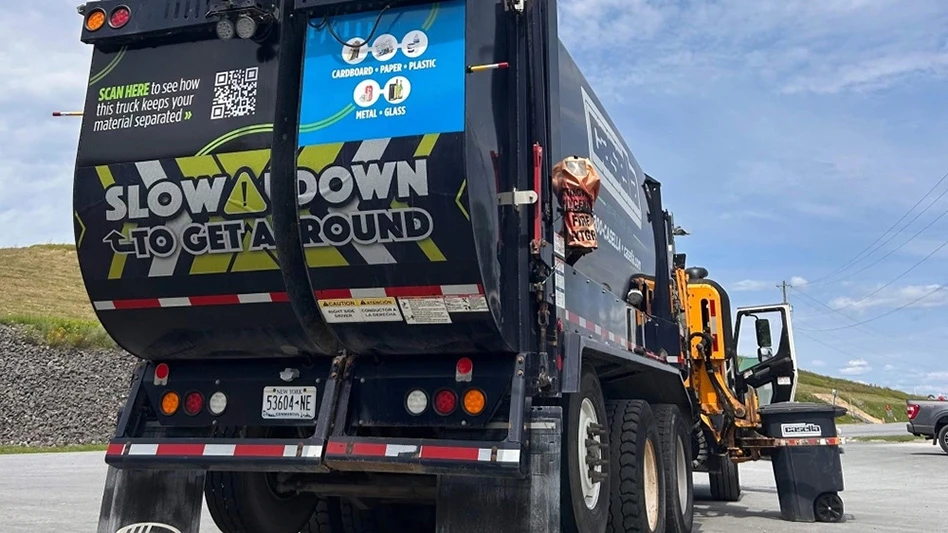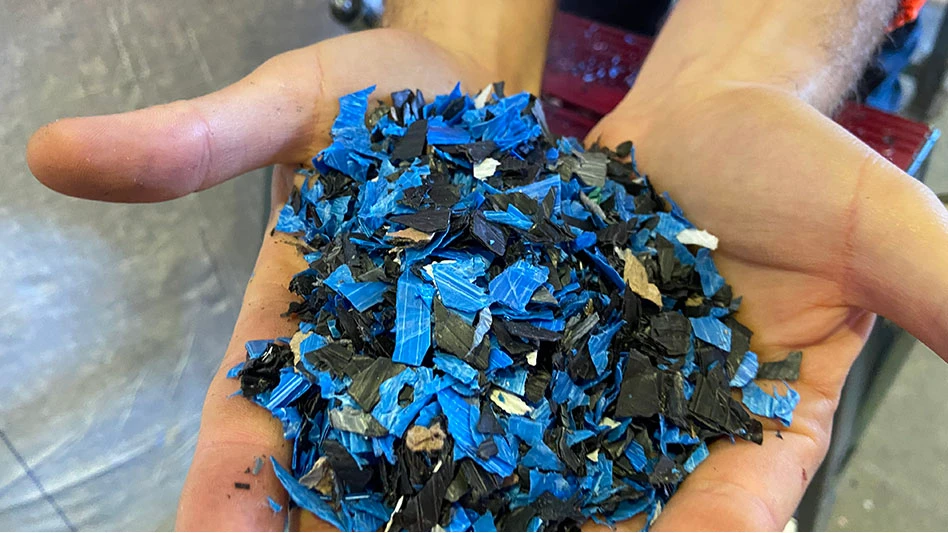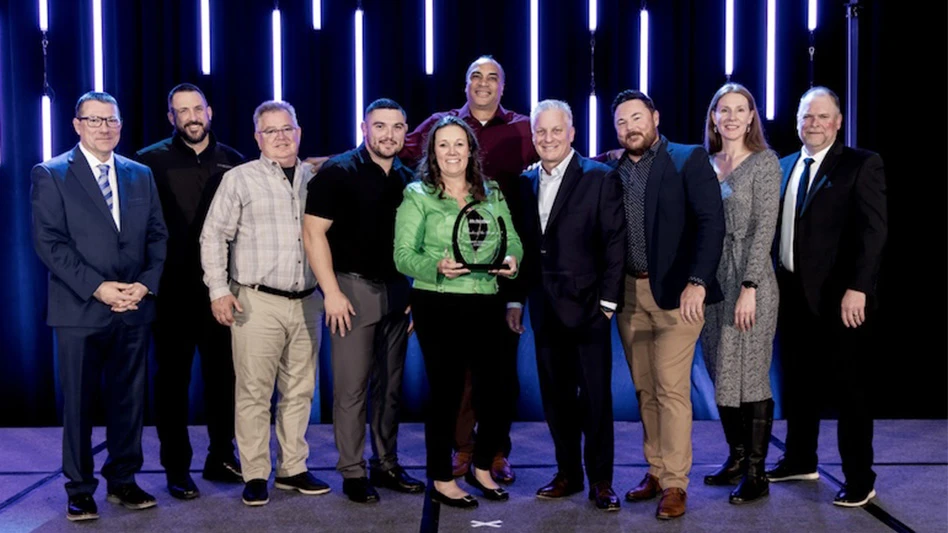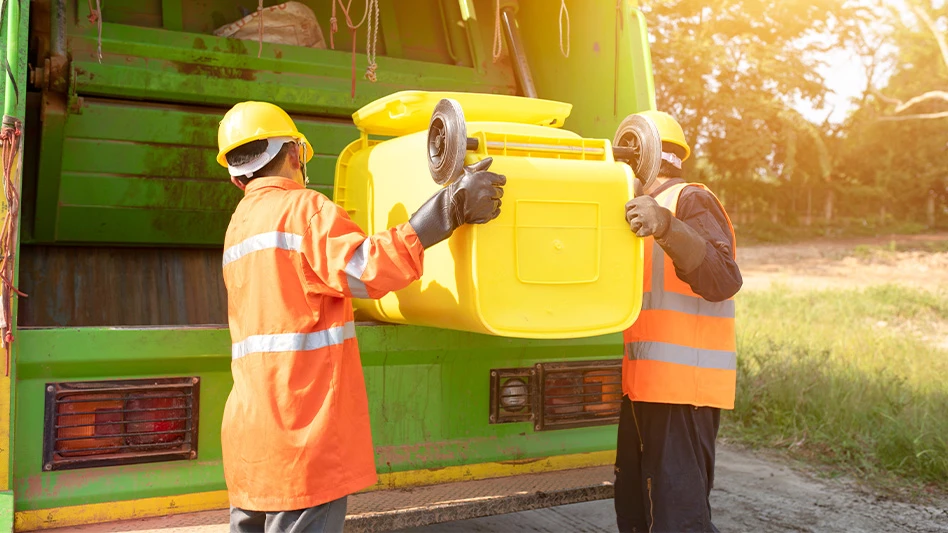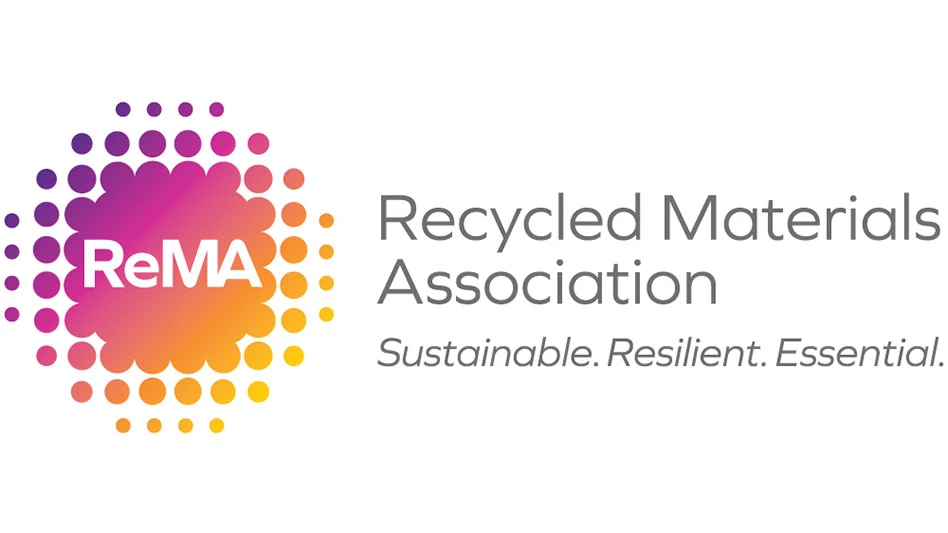
@ arnaudmartinez | stock.adobe.com
The Washington-based Institute of Scrap Recycling Industries (ISRI) and the Washington-based Association of Plastic Recyclers (APR) have updated both the ISRI Scrap Specifications Circular and APR Model Bale Specifications with revised recycled plastics specifications.
According to a news release from ISRI, these specifications were approved at the ISRI board and governance meetings July 14 as well as by the APR board of directors Aug. 2. ISRI says the specification updates “are intended to more accurately reflect the recycled plastic materials currently being traded in the marketplace.”
Since ISRI last updated recycled plastics specifications for the ISRI Scrap Specifications Circular, ISRI says technological innovations, such as optical sorters, robotics and artificial intelligence, have enabled recyclers to sort and process plastics more effectively. However, ISRI adds, evolving packaging and recycling streams require that ISRI and APR continually update bale specifications based on those changing designs.
ISRI says the specifications updates also highlight changes to the recycling stream that came as a result of the pandemic. The increased use of disposable face masks and medical equipment caused these nonrecyclable materials to enter the recycling stream, and ISRI says these specifications clarify that these nonrecyclable materials are not acceptable for recycling.
The updated specifications also address the increased use of batteries in consumer products. ISRI says the updated specifications clarify that batteries should not be placed into recycling streams by classifying them as disallowed contaminants in all plastics bale specifications.
Additionally, APR updated its APR Model Bale Specifications with revisions for recycled plastics specifications. According to ISRI, APR’s updated specifications provide guidelines for recycling market acceptance of various postconsumer, including some postcommercial, recycled plastic bales. The updates are not intended to replace the specifications of individual buyers that may allow or prohibit different contents or bale sizes.
Kate Eagles, program director at APR, says the specification update process involved working with APR’s North American plastics reclaimer members to review existing specifications and discuss any updates to desired materials and tolerable (allowable at low levels) versus prohibited contaminants, with a focus on providing as much clarity as possible to help facilitate quality material. She says APR also looked to add consistency across model specifications where possible in terms of shared introductory text, category headers, contaminant lists and general terminology used.
As a result of these updates, APR’s Model Bale Specifications now feature three polyethylene terephthalate (PET) model bale specifications: PET bottles without thermoforms; PET bottles with thermoforms; and PET thermoform only. Eagles says the “PET bottles with thermoforms” is a new model bale specification.
APR also adjusted the names of a few of the model film specifications to accurately reflect the specification content. In addition, APR expanded the “check with your buyer” section on model specifications, such as high-density polyethylene color, to reflect reclaimer-acknowledged differences in material acceptance.
ISRI President Robin Wiener says these changes resulted from “two years of work” by volunteers in ISRI’s Plastics and Nonferrous divisions.
“The ISRI Specs Circular is a living document representing the dynamic recycled materials industry,” she says. “Additionally, I am grateful to our partnership with the Association of Plastic Recyclers, which allowed us to work together to harmonize our specifications across all segments of the industry.”
“The APR was pleased to collaborate with ISRI to ensure consistency across the plastics recycling industry,” says Steve Alexander, president and CEO of APR. “These model bale specifications facilitate greater understanding of the packaging / products commonly accepted by reclaimers for recycling and also provide insight for the broader marketplace and value chain.”
Latest from Recycling Today
- Vermeer announces plan to build new facility in Des Moines metro area
- PureCycle, Toppan partner on packaging containing PCR
- LKQ to focus on simplification, productivity in uncertain demand environment
- Supreme Court strikes down IEEPA tariffs
- Redwood expands San Francisco R&D footprint
- Constellium posts record Q4 adjusted EBITDA
- QCC torches include customizable features
- Umicore finishes 2025 with increased earnings
